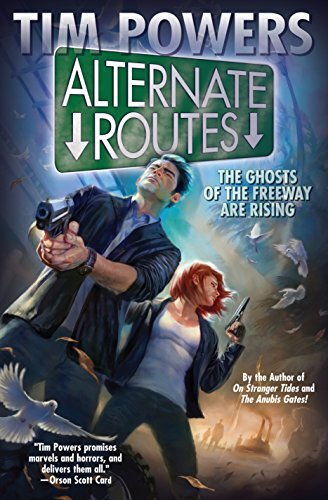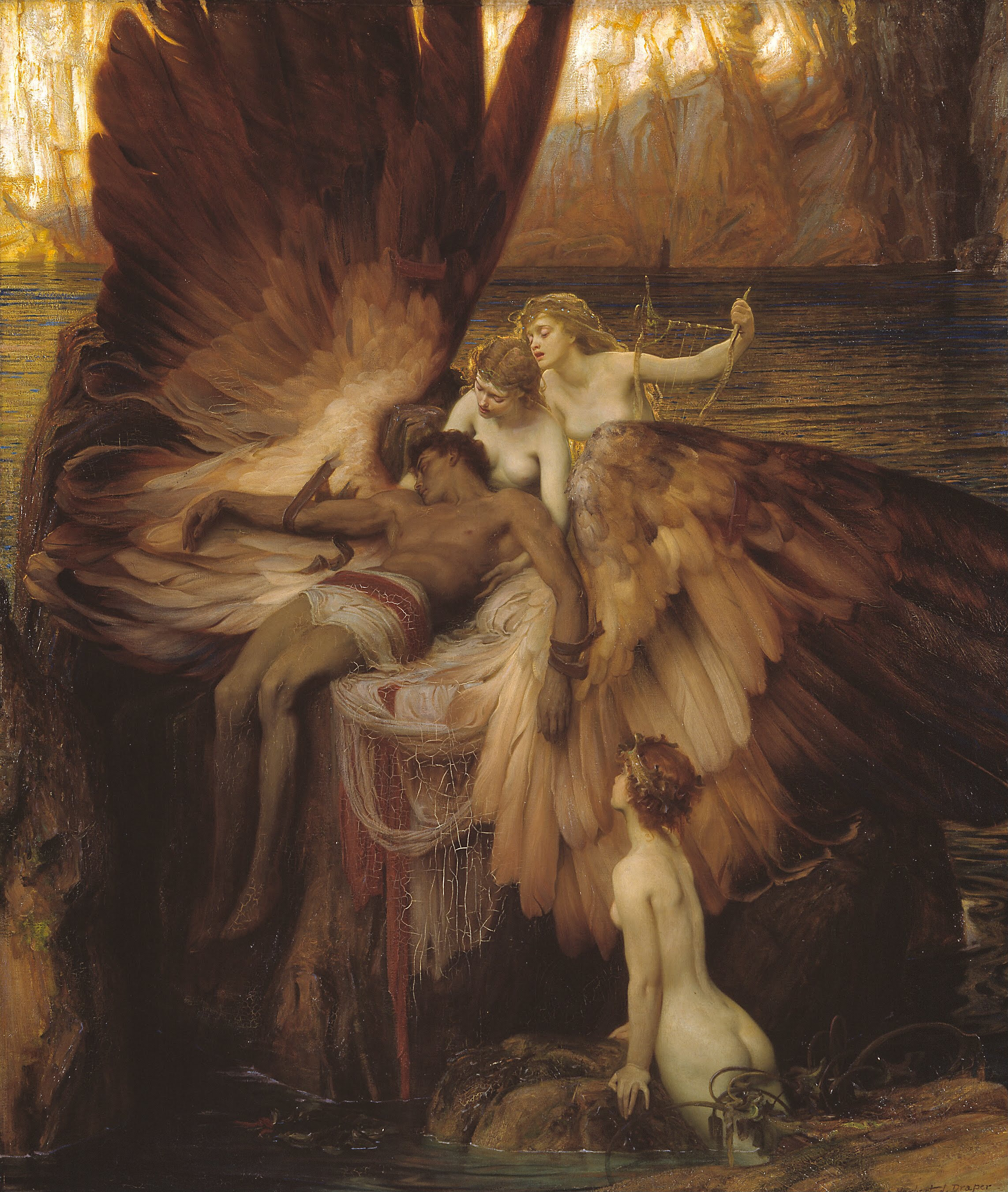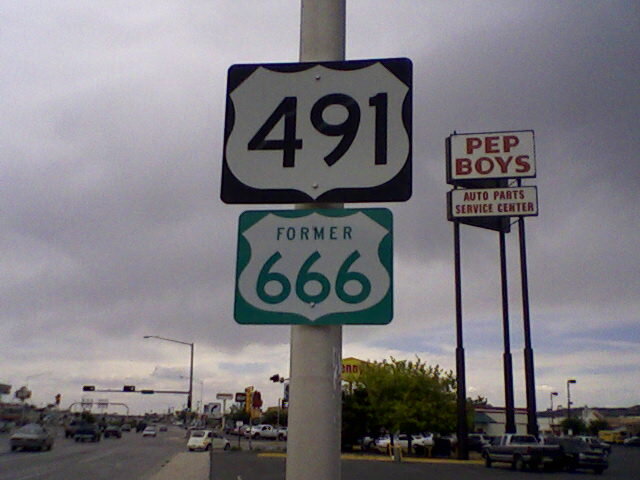Alternate Routes by Tim Powers Book Review
Alternate Routes [Amazon link] is a combination of the myth of Daedalus and the horror with which long-time residents of Los Angeles regard their infamous freeway system. I’m not an Angeleno, but I don’t find a supernatural conjunction between the LA freeways and the Minotaur’s Labyrinth at all implausible.

Castine and Vickery exhibit excellent trigger discipline
Alternate Routes By Tim Powers Baen Books (2018)
To give you an idea of how differently writers of fantastical literature have approached similar subjects, consider Gregory Benford’s Artifact [Amazon link]. Benford went with a de-mythologizing, hard sci-fi take on the Minotaur, making it a magnetic monopole trapped in a cube of stone. Powers has none of that. His Minotaur is a primordial force of nature, or anti-nature, and it wants out of its prison, insofar as such a thing can be said to want anything. Even when two authors choose to mine the same source material for a book, the end result is very different after being refracted through their own choices. Although I will give Benford high marks for his obvious love of Boston in that book.
Of course, Powers also brings in ghosts, because that is just how he rolls. Yet, Powers manages to make Alternate Routes feel different than his previous books featuring ghosts and Los Angeles. Rather unlike his ghosts, who just endlessly repeat the same things over and over because they lack a vital spark, Powers instead is riffing on a theme. The spectral remnants of Expiration Date were mostly idiots, echoes in time and space, primarily useful for the nefarious purposes of the living. The ghosts in Alternate Routes have both more pathos and more malevolence, a greater propensity to exact revenge or seek forgiveness.
Which is thematically appropriate, as Powers is here playing with chaos and order, free will and determinism, as contraries with the Golden Mean, humanity, somewhere in-between. The myth of Daedalus the Artificer, the root of Greek mechanical ingenuity, is contrasted with the fundamental disorder of the Minotaur, and yet neither is complete, nor independent of the other.
In much the same way, the chaos of the LA freeways is enabled by the very technological prowess that made it possible to build such things. As an Arizonan, I find the stop-and-go traffic of the LA freeways and their improvised and chaotic exchanges maddening compared to Phoenix, another desert city five hours east with a far better freeway system. My wife’s late grandfather Bill, who lived nearly his whole life in Los Angeles, delighted in using his detailed knowledge of the surface streets to route us around blockages on the LA freeways. I’ve met many others who feel much the same. I too feel that the LA freeways are a kind of infernal nexus, but it takes Tim Powers to wrap that frustration into a story of myth and legend which also happens to be quite an adventure.

The Lament for Icarus by H. J. Draper (1898)
By Herbert James Draper - wwGsH3KJkvD1gA at Google Cultural Institute, zoom level maximum Tate Images (http://www.tate-images.com/results.asp?image=N01679&wwwflag=3&imagepos=1), Public Domain, https://commons.wikimedia.org/w/index.php?curid=13420511
As is typical for him, Powers also works in themes of intense personal loss, redeemed with Catholic hope. Daedalus’ son Icarus plunged into the sea after their escape from the Labyrinth. Sebastian Vickery will not get off any easier, for he must face the existential horror of meeting a potential child who never was; a possible source of joy strangled in the crib by his decision to sterilize himself years before his marriage. Few other writers can put into words the wound that surgical sterilization puts into a marriage, but Powers does.

Route 666 in Gallup
By Smedpull - Own work, Public Domain, https://commons.wikimedia.org/w/index.php?curid=6108814
Yet, for all that, Powers puts some whimsy in Alternate Routes, from the Pico Kosher Deli, a reference to Powers’ friend Phil Dick, and Castine’s joke about Route 666, a once extant spur of Route 66 in Arizona and New Mexico.
Poetry also plays a big role in Alternate Routes. The epic Metamorphoses by Ovid figures prominently, much as Lewis Carroll did in Expiration Date or T. S. Eliot in Last Call. Knowledge of poetry becomes a powerful defense for Castine and Vickery, but they struggle a bit, as memorizing poetry is no longer common.
That got me wondering, who was the last truly popular poet in English? Seuss? Kipling? Poetry is not dead, but is certainly moribund in English. Poetry used to be seen as the pinnacle of literature, pace Ovid, Dante, Homer, Milton, et al., but now it is mostly seen as ridiculous. Powers engaged in some gentle mockery of poetry in The Drawing of the Dark, with the buffoonish Kretchmer fancying himself a poet, to the derision of everyone else.
Alternate Routes also feels a bit more topical than I’m used to with Powers, with a nefarious alphabet agency engaged in dubiously legal post-death surveillance of “deleted persons” as an antagonist. Rogue intelligence agents aren’t a new theme with Powers, but whole rogue agencies are.
Overall, I found this book fun. Powers is dialing down the secret history, and amping up the myth and adventure. Alternate Routes is fast-paced and full of action, accelerating and decelerating as frequently as traffic on the I-10. His protagonist, Sebastian Vickery, is a relatable everyman, scraping by on the gig economy [with ghosts, of course] after narrowly escaping the rogue agency. I think Powers fans will find this book worthwhile, as well as anyone who likes fantastical adventure.
My other book reviews | Reading Log
Other books by Tim Powers



Comments ()